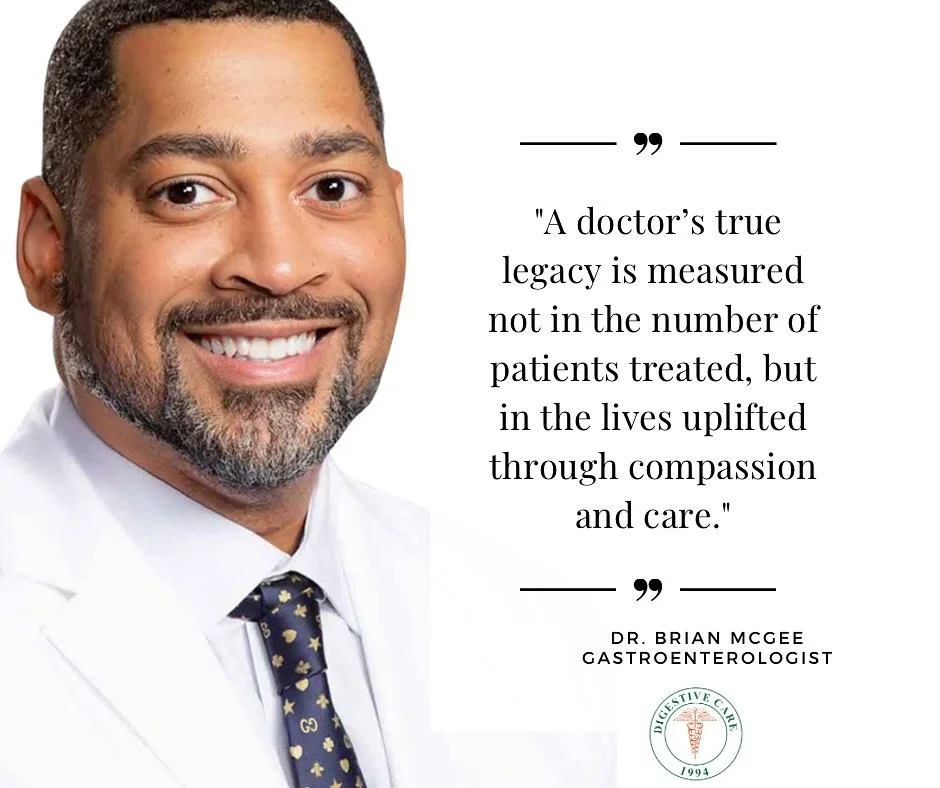Prevention and Screening Importance
Colon cancer ranks as the second leading cause of cancer deaths in the U.S. However, it is highly preventable and curable if detected early. Regular screenings are crucial, especially for those over 50, who should undergo a colonoscopy every 10 years. For African Americans, screening is recommended starting at age 40 due to an earlier onset risk.
Risk Factors and Symptoms
Colorectal cancer commonly affects those 50 and older, but younger individuals are not immune. Symptoms warranting a doctor's visit include:
- Stool changes
- Rectal bleeding or blood in stool
- Dark or black stool
- Persistent diarrhea
- Unexplained weight loss with gastrointestinal symptoms
- Family history of colon cancer
- Abnormal imaging results
- History of colon polyps or cancer
- Inflammatory bowel disease
- Chronic abdominal pain
Screening and Diagnosis
Colonoscopy is considered the "gold standard" for colorectal cancer screening. It allows for a comprehensive examination of the colon and the immediate removal or biopsy of suspicious growths.
Comprehensive Digestive Care
Digestive Care offers extensive digestive care focusing on preventive procedures like colonoscopies. They diagnose and treat a variety of conditions, including:
- Heartburn and reflux
- Crohn's Disease
- Peptic Ulcer Disease
- Hepatitis
- Gastroparesis
- Lactose Intolerance
- Barrett’s Esophagus
- Ulcerative Colitis
- Irritable Bowel Syndrome
Regular check-ups and attention to symptoms can significantly enhance prevention and early detection of colorectal cancer.


